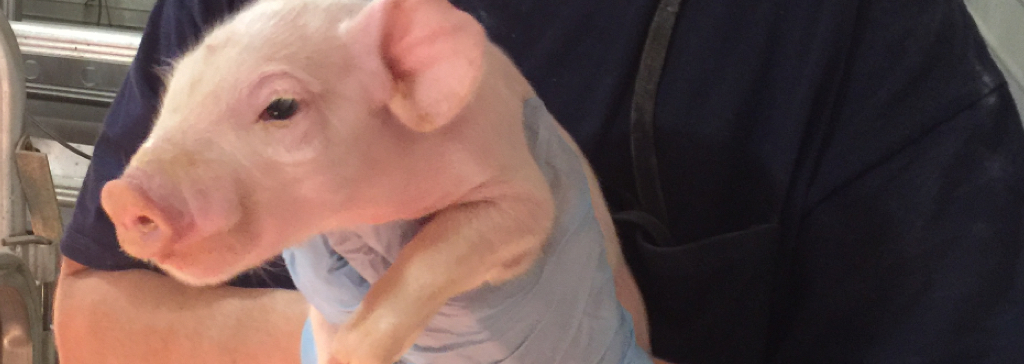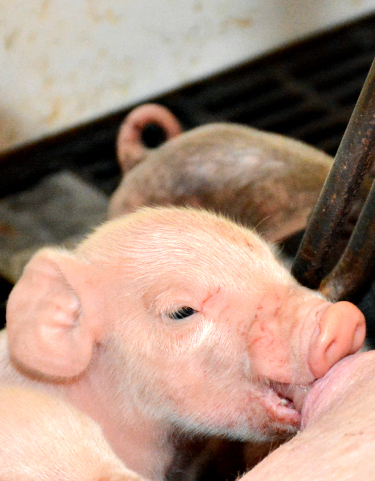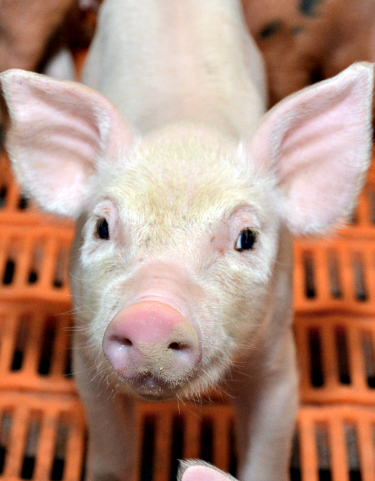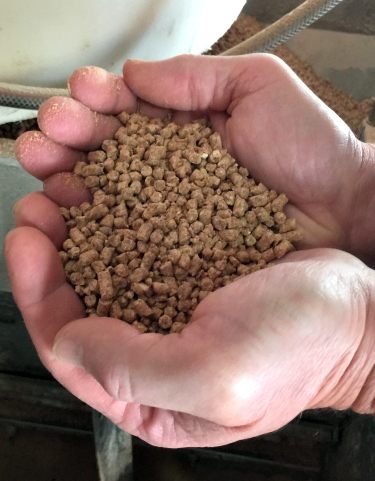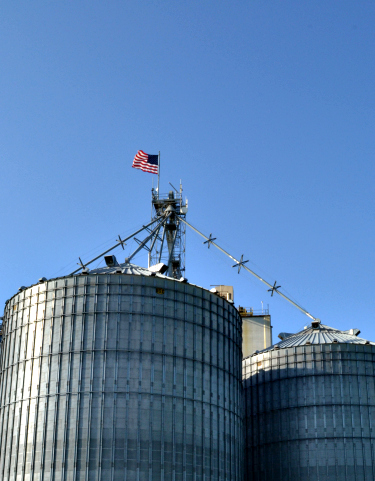Animal Care
We are committed to meeting our animal care standards on all of our farms. Our daily animal care practices are based on sound science and are designed to promote the health and well-being of our animals and the people who care for them.
We are dedicated to continuously improving our animal care standards. Animal well-being, worker safety and environmental impact are the top priorities when evaluating practices and procedures for the purpose of improving our standards.
Animal Care Commitment
To ensure our animal care standards are implemented across our system of farms, employees are required to read, understand and sign an Animal Care Commitment statement. This commitment explains The Maschhoffs’ policy on upholding the company’s animal care standards.
Additionally, the policy provides clear expectations and instructions on how to utilize The Maschhoffs’ Animal Care Hotline system, which provides an anonymous method for reporting any suspected animal care deficiencies.
In conjunction with the Animal Care Hotline, The Maschhoffs relies on a number of methods, such as unannounced animal care audits, to ensure its animal care standards are met consistently.
Caretaker Certification
Along with our own internal standards, our employees and Production Partners participate in the National Pork Board’s Pork Quality Assurance Plus certification program, which trains caretakers on humane practices in the handling, housing and daily care of pigs from birth to market.
In addition, our livestock drivers participate in the Transport Quality Assurance certification program, which trains on humane practices as they relate to the transportation of our animals.
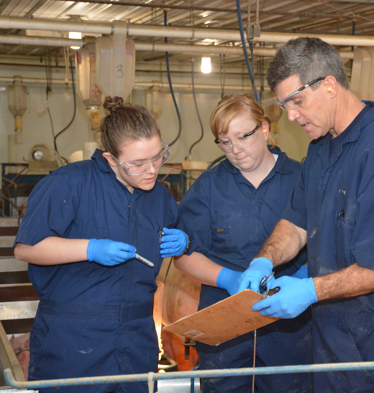
ANIMAL HEALTH
At The Maschhoffs, our health strategy is one that prioritizes prevention over treatment. As such, biosecurity protocols are a vital part of ensuring healthy pigs stay healthy.
In the event that a treatment option must be pursued, we entrust those decisions to our regional health services teams. These local veterinarians pursue a strategy that prioritizes individual animal wellness, while also protecting the overall herd.
Proper use of antibiotics is an important treatment option that our veterinarians utilize when appropriate. At The Maschhoffs, we use antibiotics to provide our animals with every opportunity to recover from illness. We will not sacrifice our level of animal care by withholding antibiotics as part of a viable treatment strategy.
As part of our animal health program, we have strict protocols in place to ensure there are no medication residues in the U.S. food supply. While we verify the withdrawal periods are adhered to on our side, pork produced from our animals is tested at the harvest facility according to USDA standards. With these safeguards in place, consumers can be confident that all U.S. pork is free of antibiotics.
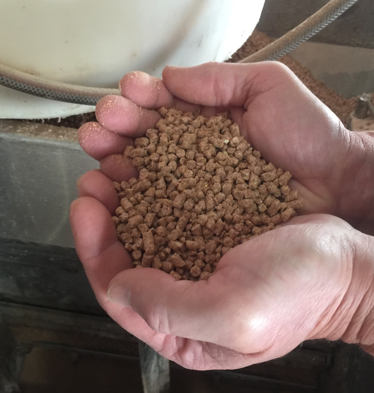
ANIMAL NUTRITION
The best quality pork starts with high-quality feed ingredients for our animals. Corn and soybean meal are the two primary ingredients in our animal diets. These primary ingredients are blended with vitamins and minerals to ensure each animal has a balanced diet.
Speaking of quality feed, did you know we tailor diets to the animalʼs specific growth stage? Weaned pigs will receive a diet to assist them as they transition from their motherʼs milk to solid food. On the other end of the spectrum, hogs that are nearing market weight will consume a nutrition program that promotes lean muscle growth.
The Maschhoffs invests heavily in nutrition science. By continually improving the way we feed our animals, we are able to lessen our impact on the environment.
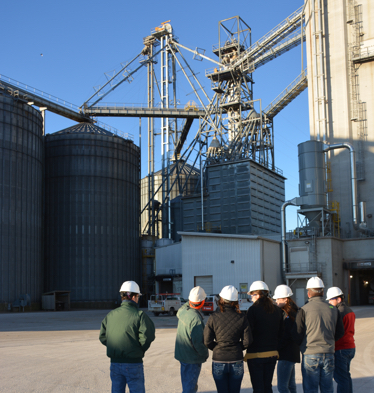
INNOVATION
Our commitment to innovation runs deep throughout The Maschhoffs. Animal housing, feed conversion, swine genetics, technology – all of these areas, and many more - are continually evaluated to ensure we are constantly improving our animal care and management.
Through continuous innovation, we are able to do more with less. That means we are always looking for ways to sustainably produce more pork with fewer resources.
